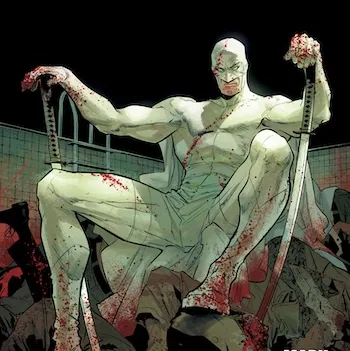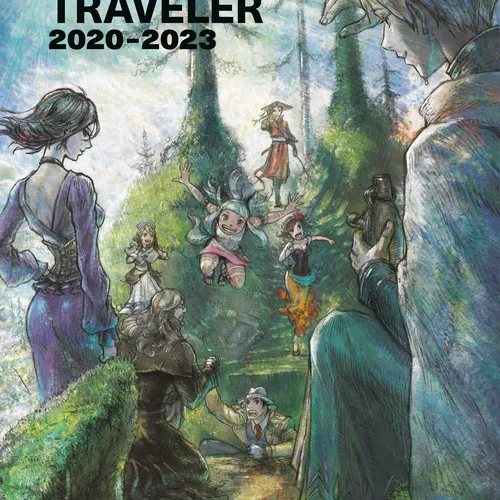
News articles about fan-made games put them on The Pokemon Company’s radar.
Over the last two decades, fan-made video games have become a common sight online. Aspiring developers set out to create something different than the real teams are making, and some of these projects end up getting a lot of media attention as a result. Unfortunately, that attention is often a double-edged sword. In an interview with Aftermath, former Pokemon Company general counsel Don McGowan was asked about fan projects and how they end up being discovered. McGowan revealed that he often found out about these games thanks to news articles on various websites.
“Short answer: thanks to you folks. I would be sitting in my office minding my own business when someone from the company would send me a link to a news article, or I would stumble across it myself. I teach Entertainment Law at the University of Washington and say this to my students: the worst thing on earth is when your ‘fan’ project gets press, because now I know about you,” McGowan told Aftermath’s Luke Plunkett.
Why Fan-Made Games Really Get Taken Down
While Plunkett seemed mortified by the idea he might have played some role in these games getting taken down, it’s actually not all that surprising; fans on social media have argued for years that the attention from gaming media was the problem. However, McGowan went on to stress that media attention alone isn’t enough to result in a takedown. Instead, the big problem is when fan developers begin collecting money.
“But that’s not the end of the equation. You don’t send a takedown right away. You wait to see if they get funded (for a Kickstarter or similar); if they get funded then that’s when you engage. No one likes suing fans,” said McGowan.
Gaming Companies and Fan Games
McGowan’s comments about funding echo Sega’s when it comes to fan games. In 2021, Sonic the Hedgehog social media manager Katie Chrzanowski stated that Sega is mostly fine with Sonic appearing in fan games, and sees it as a way for aspiring creators “to hone your art and dev skills.” However she also noted “so long as no profit is involved.” Clearly that’s where things start to get legally murky, and that’s the quickest way to guarantee a project falls apart before it gets off the ground.
Fan-made games have become a fascinating part of the video game industry, because sometimes they result in developers moving on to bigger and better things. Notably, Christian Whitehead started his journey as a video game developer by first making Sonic fan games online. Eventually, Whitehead got tapped by Sega to make Sonic Mania, which is now considered one of the best games to ever feature the character. There’s a lot the industry can learn from fan games, but the second money gets involved, creators shouldn’t be surprised to see their passion project fall apart.
Do you have any interest in fan-made games? Do you get disappointed when they get shut down? Share your thoughts with me directly on Twitter at @Marcdachamp or on Instagram at @Dachampgaming!
[H/T: Video Games Chronicle]







